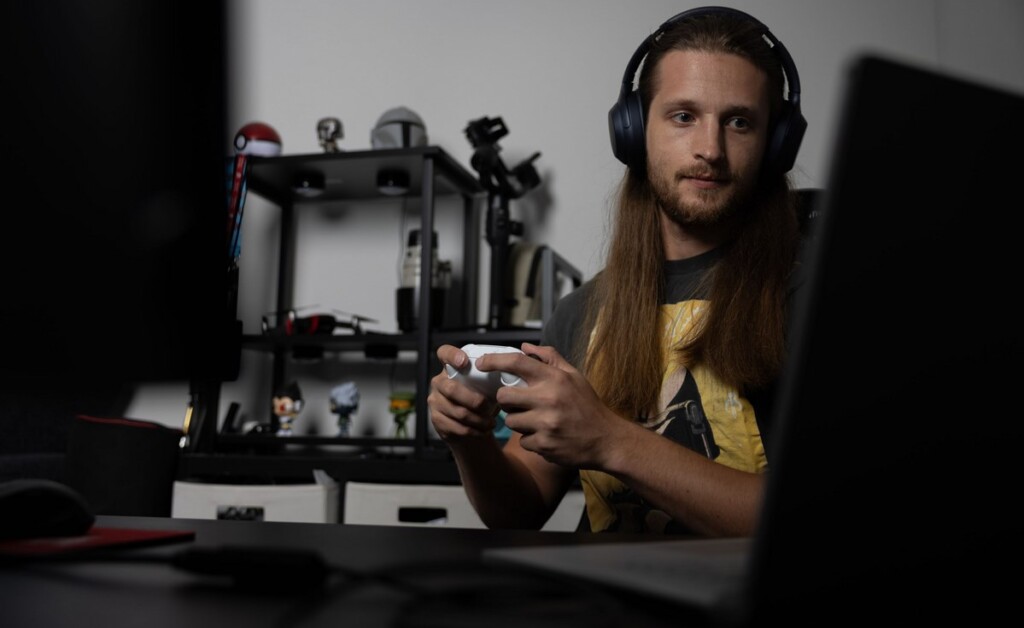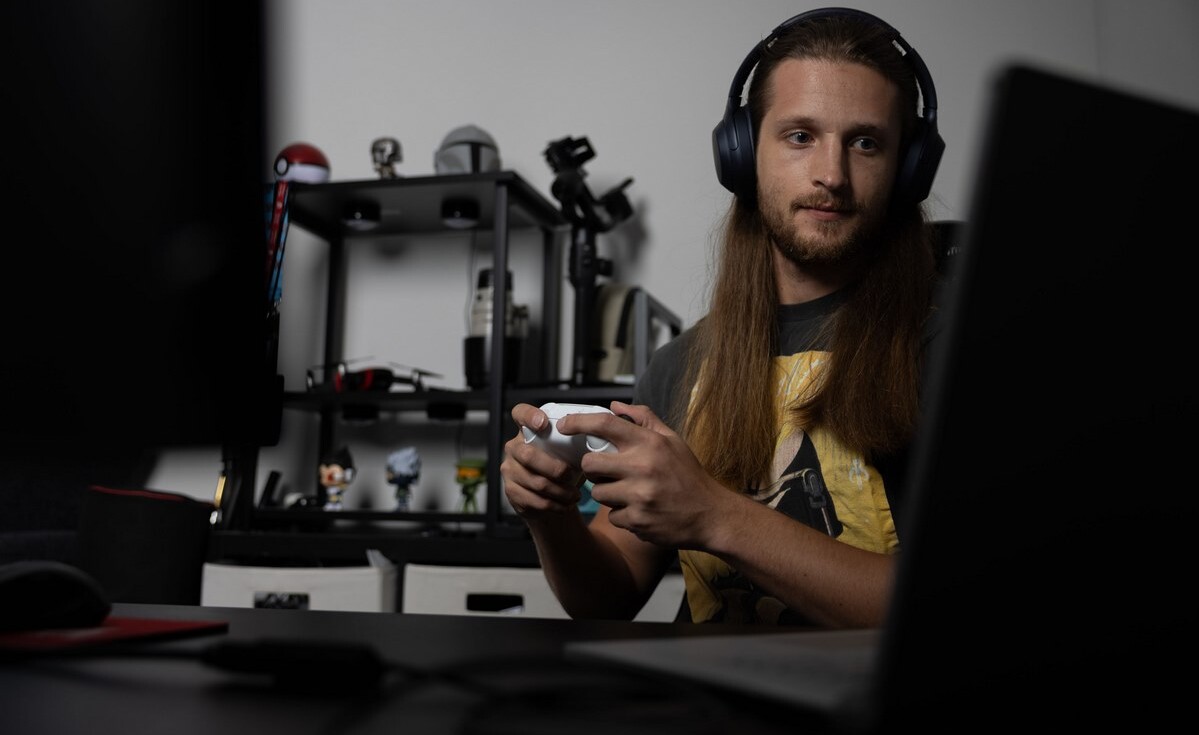
At the University of Houston, online video gamers are the focus of a new paper on productivity at work, and the results may not be what you expect.
The paper reports that—contrary to popular belief—massively multiplayer online gamers have their skills in the workplace enriched by those seemingly endless hours erroneously thought of as frittering away time.
GNN has reported many times on the benefits of video games to various forms of cognition, but this is the first study that’s looked directly at professional workers.
Whether they know it or not, companies are already hiring an enormous amount of multiplayer online gamers, and Melika Shirmohammadi, assistant professor at the UH Cullen College of Engineering Division of Technology, wanted to produce some literature on exactly what that means for hiring managers and supervisors.
“Online gaming often gets a bad reputation, but our study reveals a different story. We found that gaming can actually help people develop valuable workplace skills,” Shirmohammadi told UH Press.
“These skills include problem-solving, teamwork, leadership, and even self-confidence. Our research shows that gaming, when done in moderation, can be a way for people to grow both personally and professionally.”
Millions of people play massively multiplayer online games (MMO), in which they play together in a virtual world with other humans all over the world. The top three games—World of Warcraft, Destiny 2, and Final Fantasy—host 150.6 million, 49.7 million, and 60.3 million total players respectively.
“The purpose of the present study was to examine an understudied but prevalent part of the nonwork domain to understand if and how MMO gaming positively enriches employees’ work domain,” said Shirmohammadi.
Shirmohammadi’s team conducted a qualitative study among 23 employed MMO gamers who had played MMO games for at least 10 years.
The MMO games examined (including World of Warcraft, EVE, and Final Fantasy) require players to coordinate tasks to achieve collective goals, respect team norms (e.g., arriving on time for missions), collaborate with others as part of a team, and avoid reckless or uncalculated behaviors that would jeopardize the mission.
Among the positive outcomes of the research, gamers reported viewing work as solvable puzzles, and their experience resulted in improved patience in encountering problems and encouraged them to persevere in solving them.
“I just see a puzzle and I’m motivated to solve it. So, it’s affected, I guess, my mindset in that way, such that I look at things as solvable,” said one IT engineer in the study.
FOR THE GAMERS IN THE AUDIENCE: Video Games Can Help Boost Children’s Intelligence; TV and Social Media Had No Negative Effect Says New Study
Other players say they developed self-confidence through game playing because they feel good about the level of success in the online gaming world. Still others reported developing self-awareness as they received feedback on their own skills and how they played alongside team members.
Gamers’ ability with coaching skills—such as evaluating performance, providing feedback, giving instructions, and inspiring others—was also traced to their gaming. Several participants mentioned the similarities between gaming and work that made such skills transferrable.
OTHER STORIES FROM OUR ARCHIVE: Video Games Are Not Associated with Harming Brains of Preteens, According to a New Study
“I deal with a lot of new people [at work]. Since I kind of go out of my way in-game to do all the coaching, I’ve become ahead of some of my colleagues in explaining how to do certain things [to new employees],” said another study member.
If one were to replace MMO games in this study with a team sport, no one could disagree with its findings. Perhaps because of the long-term stigma from certain circles associated with video games, the findings may come as a surprise, but the fundamental results—a hobby informing better work performance, unsurprisingly apply to both activities.
SHARE This Good Gaming Story With The Games In Your Life…




















